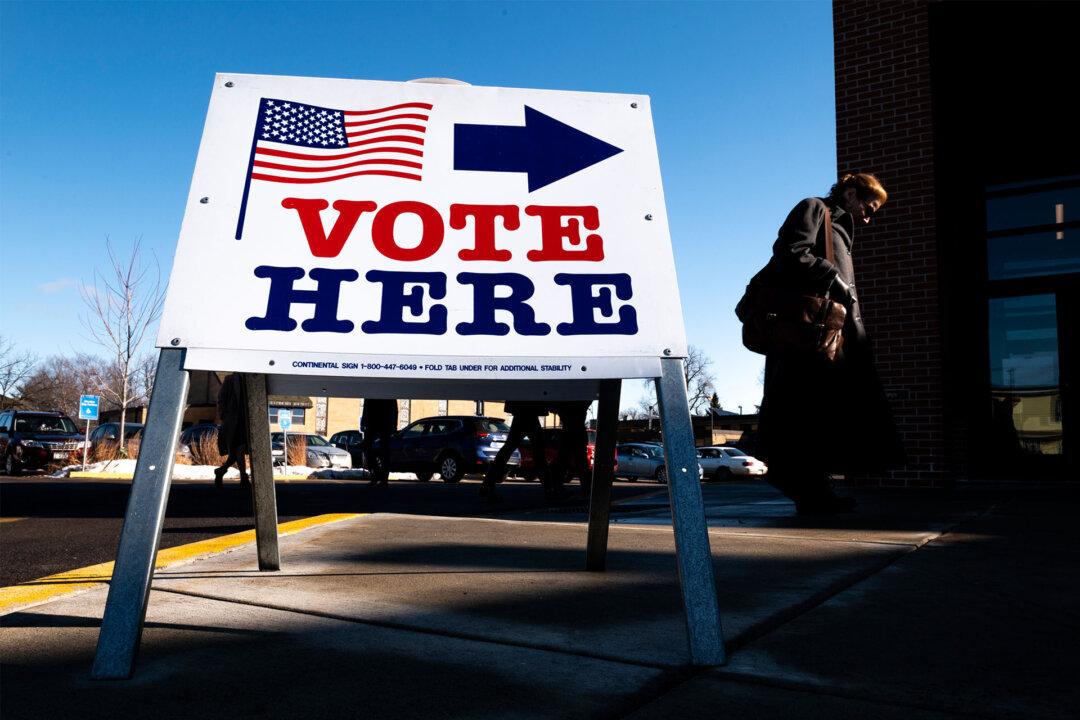The Republican State Leadership Committee (RSLC), an umbrella group for GOP state lawmakers and secretaries of state, launched an effort Wednesday to shore up election integrity.
The RSLC wrote in a Feb. 17 statement that the measure is meant to “restore the American people’s confidence in the integrity of their free and fair elections by convening leading policymakers to share and discuss voter-centric current laws and future reforms that make it easier to vote and harder to cheat.”





